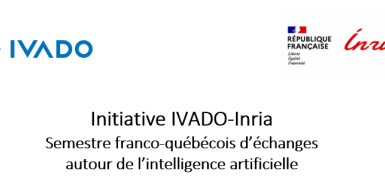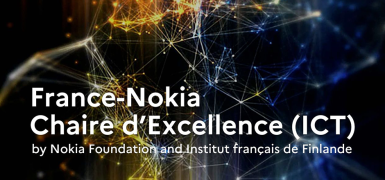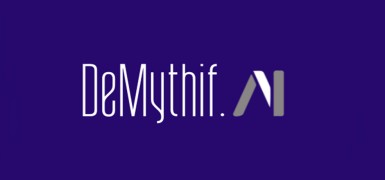The DATAIA Institute supports research in data science - including computer science, mathematics, and the humanities and social sciences - through an annual call for Master's degree (or equivalent) internships.
The 2022 call closed on October 18, and 8 internship topics were selected. DATAIA Institute partner institutions will receive funding to host an intern for 4-6 months.
Bayesian neural network for uncertain interpretation of geophysical data
IFPEN (Jean-François Lecomte & Jean Charléty) / L2S (Aurélia Fraysse)
The general objective of the internship is to work on an estimation of the uncertainty of interpretation of geosciences data (adaptation of models to this type of noise - based on the literature).
STAGE - Applied Test Suite for Exploratory Genomics
LMO (Guillermo Durand) / I2BC (Mélina Gallopin)
The objective of this internship is to extend statistical methods on biological sequences of RNASeq type from a single species to the case where different species are considered.
EXERSYS - An EXplainable RecommandER SYStem for the Nutrition Domain, combining Knowledge Graphs, Ontologies and Machine Learning
AgroParisTech, MIA (Cristina Manfredotti) / LISN (Fatiha Saïs)
Interdisciplinary topic on nutrition: towards a recommendation system for the constitution of food menus. The solutions considered are based on the combination of ML and knowledge graph approaches.
MAGES : Study of an AGent-based Model for the analysis of Experimental data acquired at the Soleil synchrotron and at the CEA Orphée reactor (UV fluorescence imaging, SAXS and SANS spectroscopy)
INRAE, UMR MIA-Paris-Saclay (Evelyne Lutton, Alberto Tonda) / LLB-CEA (François Boué)
Very interdisciplinary subject related to the understanding of the influence of the structure of food on its digestion kinetics. Several data sets available, at different scales. Mixed and interactive learning methods are considered.
Large-scale functional brain image generation to enhance brain mapping
Inria Saclay (Bertrand Thirion) / CVN, CentraleSupélec (Hugues Talbot)
Subject on real imaging data. Adaptation of existing methods and techniques to brain imaging.
Multi-fidelity optimization methods for the design of electrical machines
IFPEN (André Nasr et Delphine Sinoquet) / SATIE (Sami Hlioui)
The internship proposes a study on the implementation of multi-objective and constrained optimization methods for the optimal sizing of machines. Collaboration simulation / Machine Learning.
Estimation of the loads of a wind turbine (Dynamic Equivalent Load) by using a UNet-1D network integrating an attention mechanism from multi-channel signals
IFPEN (Jean-François Lecomte) / L2S (Emmanuel Vazquez)
Interdisciplinary subject of fatigue estimation of a wind turbine (repetition of millions of stress cycles caused by environmental loads (wind and swell) and blade rotation). Exploitation of simulation and ML methods.
APETI - Unsupervised and Topological Deep Learning Applied to Microwave Remote Sensing Images
LATMOS UVSQ (Pr Cécile Mallet) / DAVID UVSQ (Pr Mustapha Lebbah)
Very interdisciplinary subject on the evolution of macro-physical properties of clouds. Adaptation of Deep learning algorithms to take into account topology elements necessary for this type of data.









